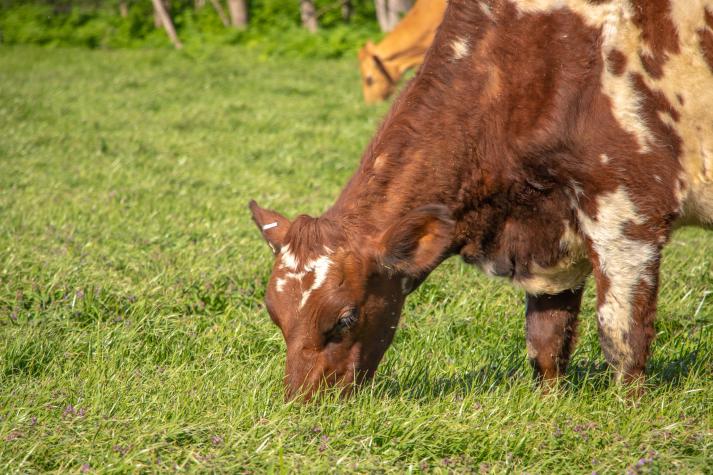
Grazing during spring green-up
Seeing the bright green new growth pop up in our pastures signals the end of winter and the transition into spring. As that short green carpet starts to come up, cattle start chasing that short growth and may turn their noses up to hay they were previously eating well. However, allowing cattle to nip off this short regrowth can slow down the pasture growth moving into the spring.

Fight the summer slump with annual lespedeza
During hot, dry summer months, tall fescue growth slows, forage quality declines, toxicity levels rise and overall forage availability can become limited. Annual lespedeza is a forage option that offers a simple, low-input way to help fill this summer slump while improving overall pasture performance and soil health.

Monett Agriculture Conference set for Feb. 24
MONETT, Mo. – The Monett Agriculture Conference once again features dairy during the morning session and beef production in the evening. On Tuesday, Feb. 24, the Monett Armory in Monett will be filled with vendors supporting the education event for agriculturalist of the region, said University of Missouri Extension dairy specialist Reagan Bluel.
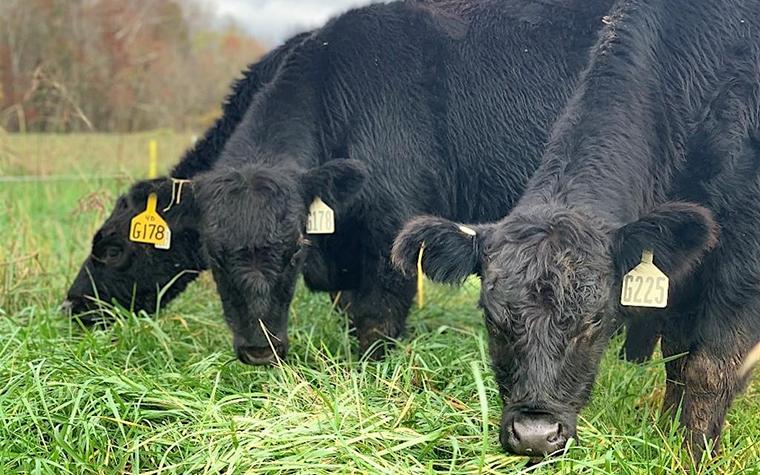
Alliance for Grassland Renewal offers free two-part webinar
COLUMBIA, Mo. – The Alliance for Grassland Renewal will present a free two-part evening webinar on “Improving the Production Efficiency of Tall Fescue-Based Forage Systems” on Feb. 12 and 26. Participants can attend either or both stand-alone events. A full agenda is on the Alliance for Grassland Renewal website.
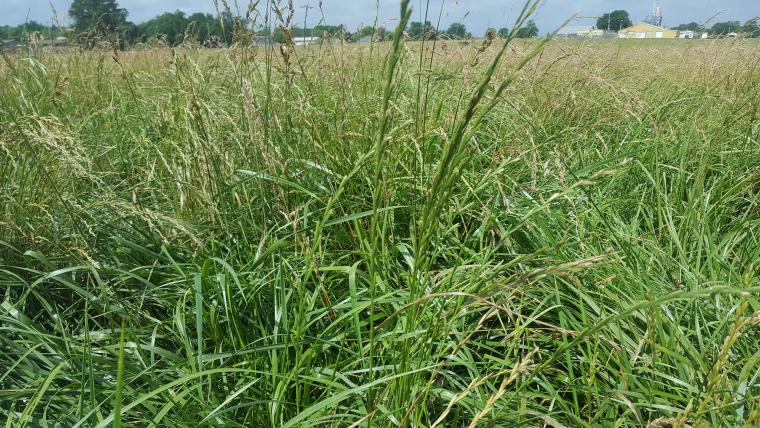
Stretch your winter feed supply by renting acres for stockpiled fescue
MOUNT VERNON, Mo. – A well-stocked hay inventory is one of the best forms of insurance a livestock producer can have, says Caleb O’Neal, University of Missouri Extension field specialist in plant science. By renting additional acres dedicated to stockpiling forage, producers can improve their chances of maintaining a dependable supply of high-quality feed at a predictable cost throughout the year, O’Neal says.
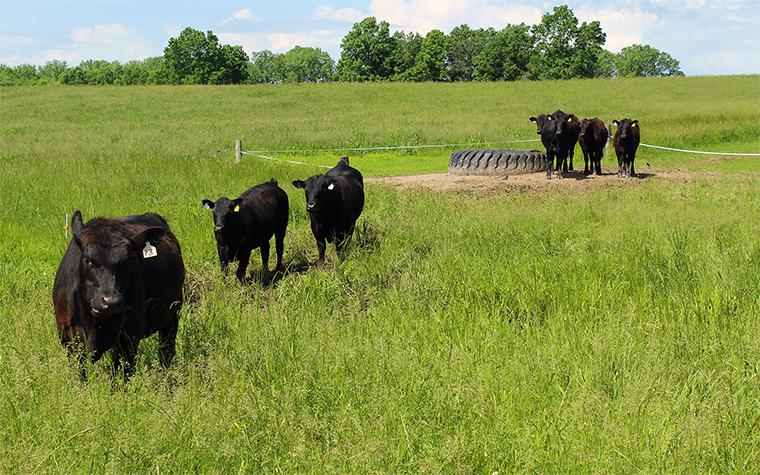
Why rotational grazing isn’t working
Rotational grazing promises healthier pastures and higher returns, but labor, water limits and rigid plans often derail it. MU Extension forage specialist Carson Roberts explains why it fails—and how smarter rotations, better water access and flexibility can make it work.
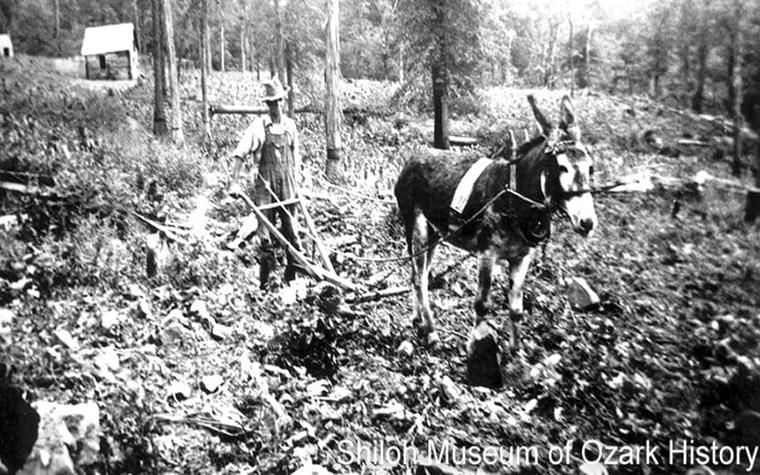
Feb. 27 program looks at history of Ozarks soil
WEST PLAINS, Mo. – A University of Missouri Extension program will help Missourians improve forage yield and sustainability by understanding soil in the Ozarks. The event is 5:30-6:45 p.m. Friday, Feb. 27, at the MU Extension Center in Howell County, 1376 Bill Virdon Blvd., West Plains.

Three ways to be more profitable making hay
COLUMBIA, Mo. – Haymaking is a game of threes, says University of Missouri Extension state forage specialist Carson Roberts. To be profitable, producers must manage three key factors: equipment expenses, quality and yield.
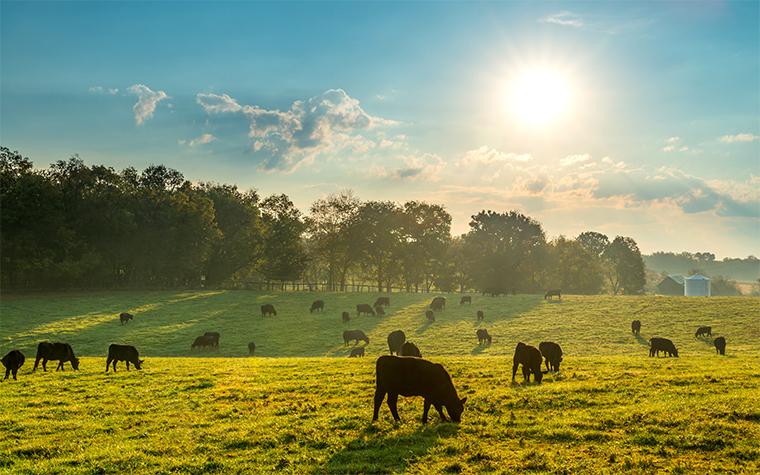
MU Extension livestock and forage event set for Feb. 19 in Forsyth
University of Missouri Extension will host the 2026 Taney County Livestock and Forage Conference 5:30-8:30 p.m. Thursday, Feb. 19, at Forsyth High School, 178 Panther Road, Forsyth. The free conference is designed to provide livestock producers with timely, practical information on herd management, forage systems and market conditions as they plan for the year ahead.

SW MO Beef Cattle Conference set for Feb. 27 in Springfield
MU Extension is partnering with Missouri State University to provide the SW MO Beef Cattle Conference, which will educate cattle producers on a variety of current topics in the cattle industry. The conference is MSU's Darr Agricultural Center in Springfield.

Cedar County Livestock and Forage Conference set for Feb. 23 in Stockton
MU Extension, Cedar County Soil and Water Conservation District and Cedar County Farm Bureau are hosting the Cedar County Livestock and Forage Conference 5:30 p.m. Monday, Feb. 23, in Stockton.
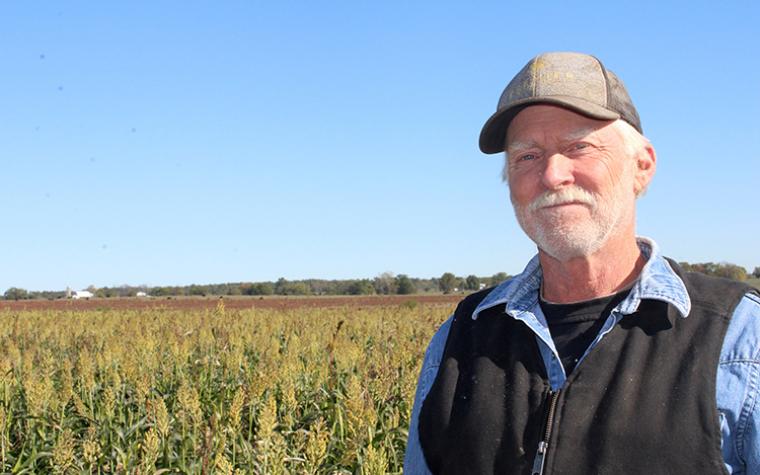
Producer enjoys continued success with milo grazing
University of Missouri Extension specialists find that producers see up to $300 savings in feeding costs per calf when their livestock graze standing milo through the winter.
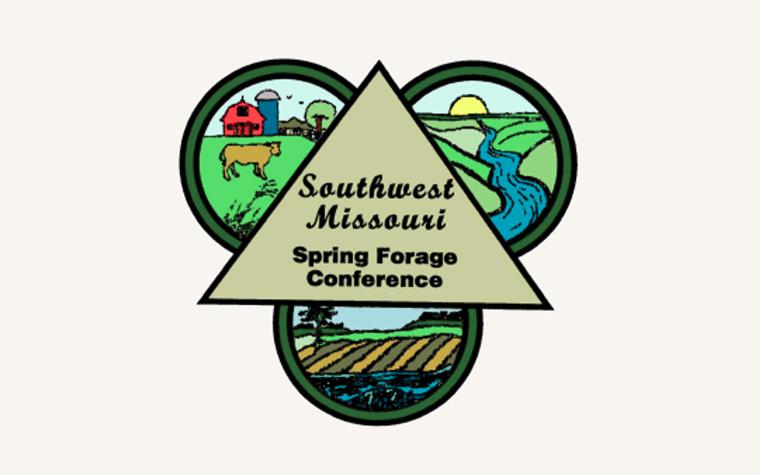
SW Mo. Spring Forage Conference is Feb. 17 in Springfield
The Southwest Missouri Spring Forage Conference will be held Tuesday, Feb. 17, at the Oasis Hotel and Convention Center, 2546 N. Glenstone Ave., Springfield.
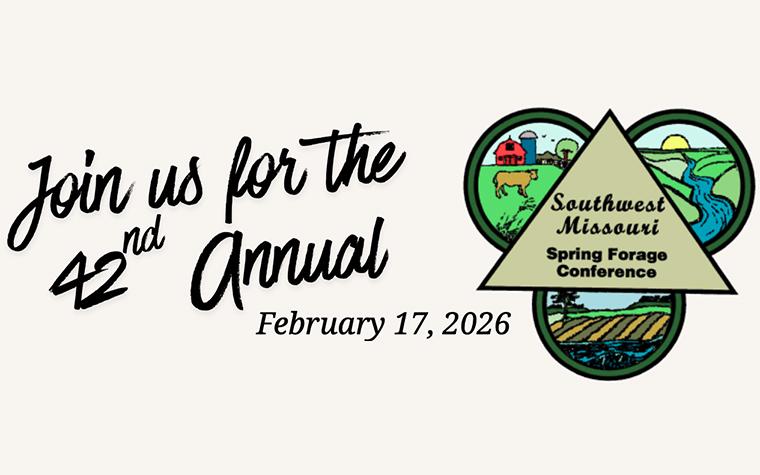
SW Missouri Spring Forage Conference is Feb. 17 in Springfield
STOCKTON, Mo. – The Southwest Missouri Spring Forage Conference is Feb. 17, 2026, at the Oasis Hotel and Convention Center, 2546 N. Glenstone Ave., Springfield. “The event will he headlined with an interview between Oklahoma State University agricultural economist Dr. Derrel Peel and Missouri’s own Tyne Morgan of ‘U.S. Farm Report,’” says Patrick Davis, University of Missouri Extension livestock field specialist.

MU Extension expands Feedlot School on backgrounding, finishing for value-added Missouri beef
COLUMBIA, Mo. – University of Missouri Extension will host three two-day Feedlot Schools in January and February giving cattle producers a practical roadmap for retaining calves longer in Missouri and capturing more value through backgrounding and finishing.

New forage budgets help Missouri farmers plan for 2026
Updated 2026 forage-budget tools help Missouri producers estimate costs, yields and break-even prices for alfalfa, corn silage and native warm-season grasses.
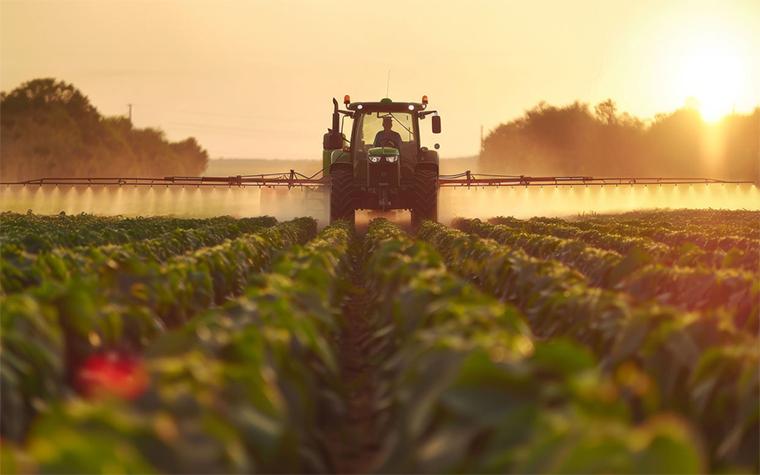
Register for the Missouri Crop Management Conference
Registration is open for the state’s premier agricultural conference for farmers and ag industry professionals, the Missouri Crop Management Conference, Dec. 9-10 in Columbia.
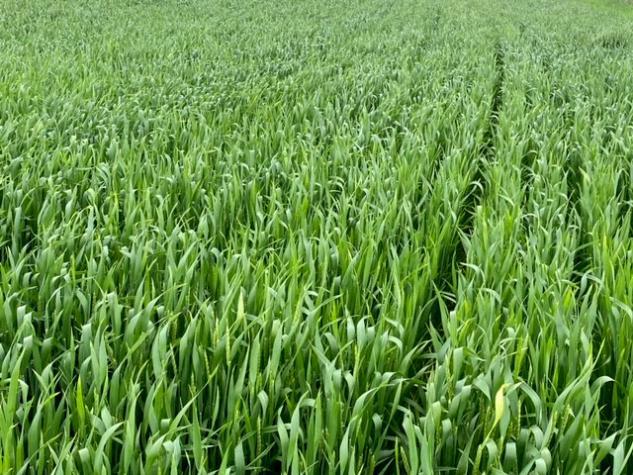
Fall is prime time to establish cool-season forages
Fall offers the best opportunity to establish or renovate cool-season forages like tall fescue, orchardgrass and winter annuals such as brassicas, oats, wheat, rye and triticale. With strong cattle prices and improved cash flow, now is a smart time to invest in your forage base.
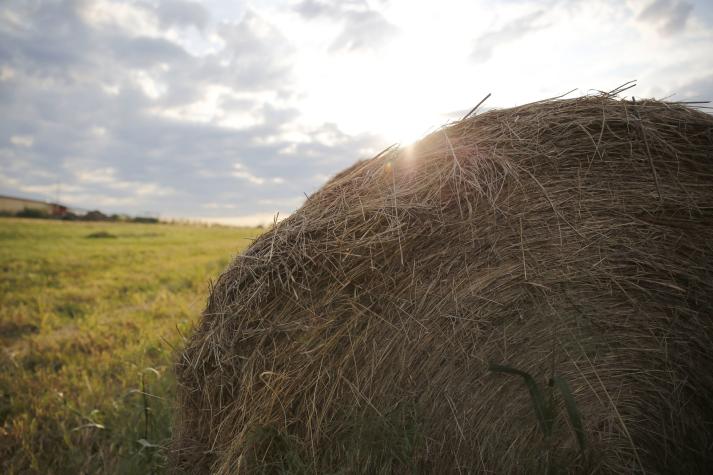
10 reasons you should quit making hay
High equipment costs, time constraints, and soil degradation make hay production less profitable. Explore alternatives like grazing and stockpiling forage.
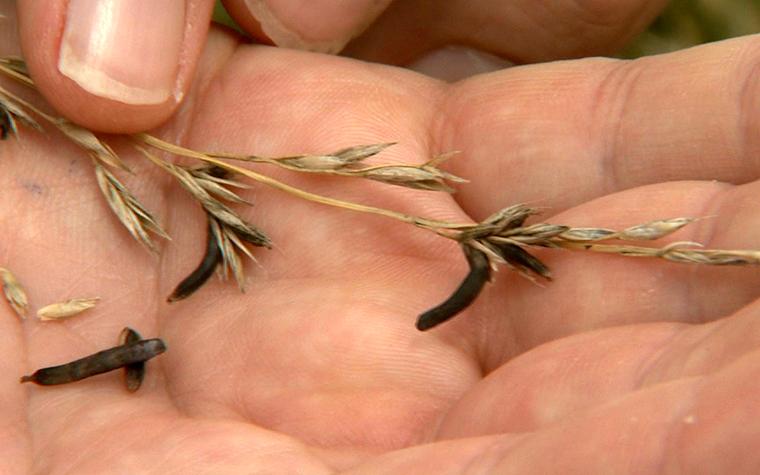
Making hay to reduce ergot infestation
Learn how to manage ergot infestations in pastures to protect livestock health. Tips on mowing, haymaking, and recognizing symptoms of ergot poisoning.
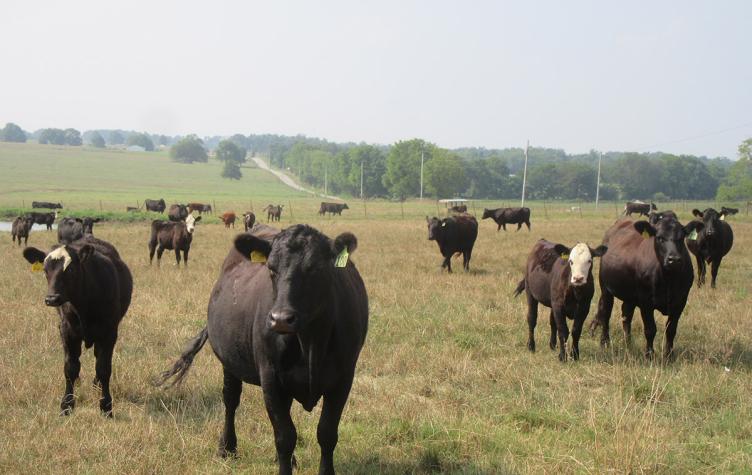
Tall fescue adds to heat stress in cattle
Cattle rid their bodies of heat in three ways: radiation, convection and evaporation. “If your cattle can’t use all three methods, they’ll overheat fast,” says University of Missouri Extension state beef nutrition specialist Eric Bailey. Summer heat knocks weight off calves and pounds off milk, Bailey says. “Heat stress costs real money.”
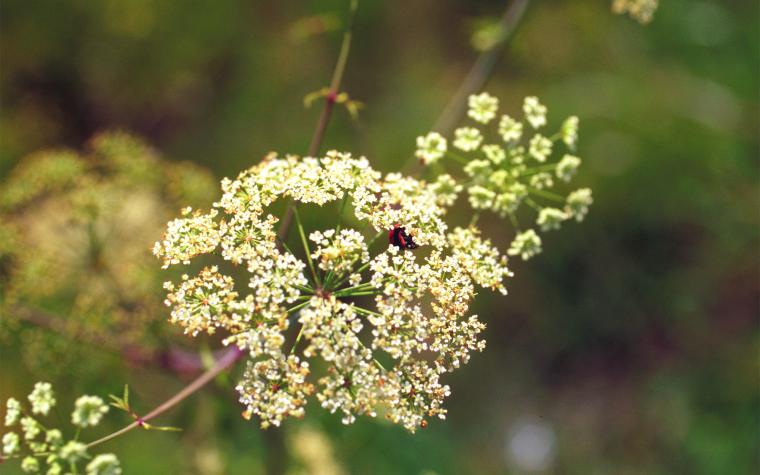
Mow or spot spray poison hemlock now
Poison hemlock, a plant that can kill livestock, is flowering and setting seed now in much of Missouri. While early control is recommended, it still can be managed with spot treatments or mowing, says Kevin Bradley, University of Missouri Extension weed scientist. It grows in ditches, roadways, fencerows, occasionally in pastures or hayfields that aren’t mowed regularly, and sometimes in no-till cropping systems.

Use a grazing strategy to get more grass from pastures
Compared to other parts of the agricultural community, graziers of cattle depend less on fossil fuel and more on solar energy to turn a natural resource like grass into a sellable commodity, says University of Missouri Extension agronomist Tim Schnakenberg. Graziers can save on operating expenses and provide quality feed to meet nutritional needs by allowing cows to do selective harvesting.
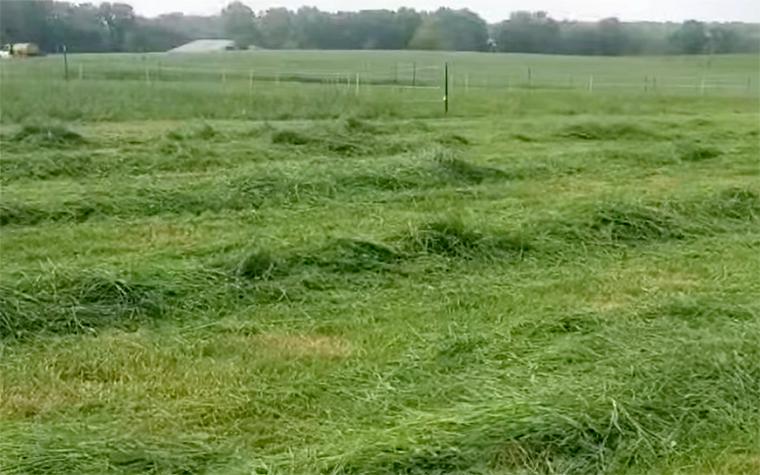
Three days to hay with a minor change
LINNEUS, Mo. – May’s precipitation has made haymaking challenging when rain is frequent and sometimes unpredictable, but University of Missouri Extension state forage specialist Carson Roberts has a tip to help hay dry down quicker. Roberts turns the knob to set the swath boards on the swather to the widest setting.

Make hay in May for best quality, yield
Cutting hay in May boosts quality and yield. Harvest before seed develops and store properly to preserve nutrients and minimize losses.